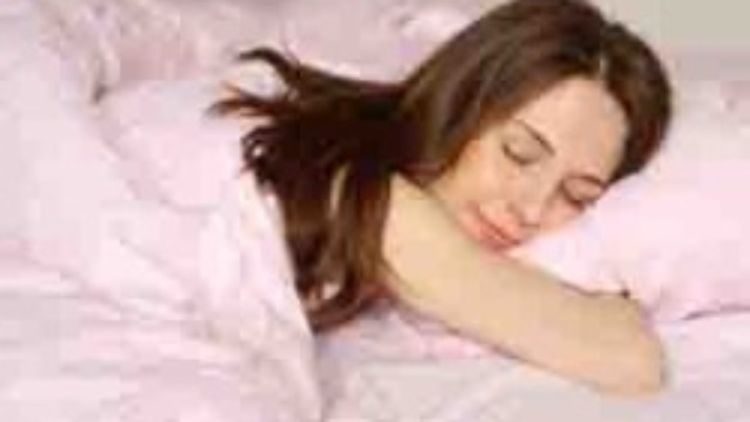Drug-Free Remedies for Insomnia
Insomnia is characterized by difficulty getting to sleep and/or difficulty staying asleep. Up to 35 percent of adults have experienced some type of sleep difficulty at some point in their lives, up to 20 percent have issues with short-term insomnia lasting three months or less, and 10 percent have problems with chronic insomnia lasting more than three months.
Insomnia of any type can have a negative impact on your life. Missing a few hours’ sleep now and then can cause make it difficult for you to concentrate at work, and even cause you to make less-than-healthy food choices. Serious, chronic insomnia can make you more prone to accidents and put you at serious risk for serious health conditions.
There are several over-the-counter and prescription drugs designed to help you sleep, and many of them are very effective. Unfortunately, these drugs can also have side effects, including leaving you feeling more tired the next day.
Luckily, there are also non-drug options that can help you get to sleep, stay asleep, and sleep well.
Massage
Massage activates what’s called the parasympathetic nervous system, which calms you down. It’s the opposite of the fight or flight, or stress, response that kicks in when you are under duress. When your parasympathetic nervous system is activated your heart rate and breathing slows down, your adrenal glands stop making adrenaline, your muscles relax, and all of that works together to help you sleep. Even better, the effects last long after the massage session is over.
You don’t even have to get a full body massage to reap the benefits; a simple head and neck massage, or even a hand or foot massage will do the trick. Also, you don’t have to get a professional massage, a few simple self-massage tricks will work. If you have a partner, you can give each other full body massages at home on your bed, or invest in a folding massage table from a retailer like massagetableoutlet.com.
Meditation
One of the reasons people have trouble falling asleep is because they often lie awake going over lists of things they should be doing or fretting about the worries of the day. Meditation helps you sort through all of the distractions that keep you awake so that you can enjoy a good night’s sleep.
Meditation isn’t about clearing your mind so much as letting go of things that are holding you back and messing with your chi. It helps you put things into perspective so that you can let go long enough to deal with it when you are rested and refreshed. You can find several meditation tips on line to help you get started or you can find a meditation class in your area.
Exercise
Exercise raises your heart rate and burns off the nervous energy that can keep you from getting a good night’s sleep. Studies show that people who exercise at least 150 minutes a week sleep better and are more alert during the day.
If you choose exercise as an option, make sure that you do not exercise close to bedtime because the activity will initially energize you, making it difficult to go to sleep. However, certain exercises like gentle yoga stretches can actually help you calm down right before bed.
Other Options
Other options for improving your sleep include:
· Removing your television from the bedroom so that you are not tempted to stay up watching late-night TV;
· Avoiding using a tablet or ereader, which can disrupt your sleep. If you must use one of these devices, install an app or a screen that will filter the blue light that is believed to be the culprit;
· Avoid sleeping with your smartphone, which might make noises that disrupt your sleep. If you must have your smartphone on, put it in “no interruptions” mode or emergency only mode during your sleep time;
· Avoid eating large meals close to bed time;
· Cut down on your alcohol consumption. A little alcohol might make you sleepy, but too much can actually disrupt your sleep pattern making it difficult to stay asleep, or causing morning tiredness;
· Consider moving any pets out of the bedroom. Our furry friends can help us relax, but they can also move around, snore, and do other activities that prevent us from getting a good night’s sleep.
When Nothing Works
If nothing you try works, that could mean that your insomnia is a sign of a deeper medical issue. There are several conditions that can disrupt your sleep including thyroid disease, sleep apnea, heart disease and depression. Consult with your doctor if lifestyle changes don’t work, or if your insomnia worsens.
Article Submitted By Derrick Manning (Community Writer).





